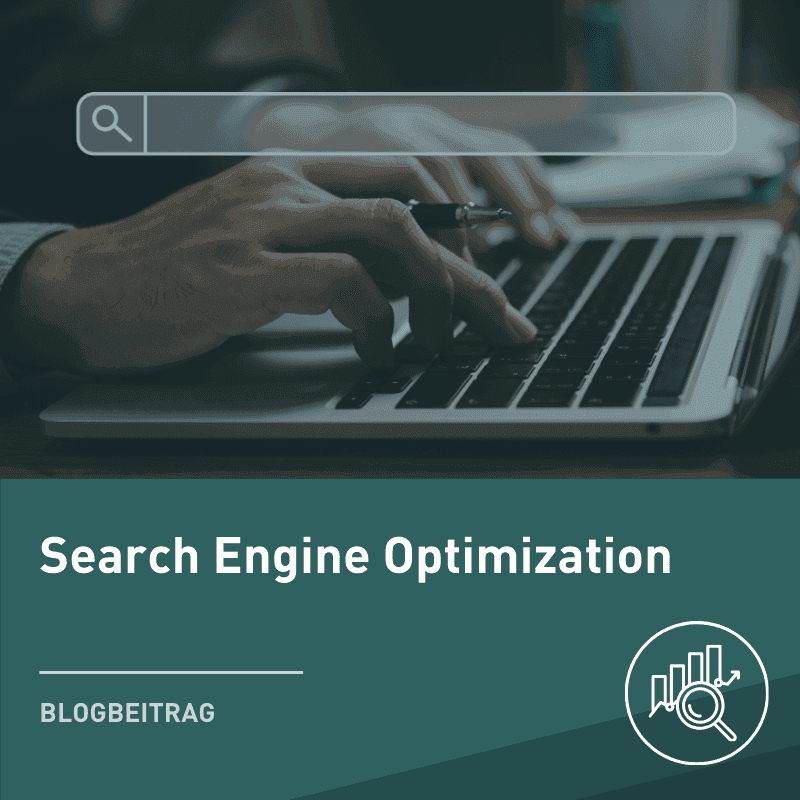
Blog Post
SEO

Axel
Vortex
published on:
26.09.2011
SEO: Google's Suggestions for the Pagination Issue
Table of Contents
The issue of paginated pages for search engine optimization was already explained in a previous blog post, and solutions were suggested. Pagination is used when long content is divided into multiple pages, each accessible via a unique URL. For example, long articles can be spread across multiple pages, product categories in an online shop may list products over several pages, or long forum threads may be divided into multiple pages. As it was noted on the Search Engine Round Table, Google itself presented a solution to the well-known pagination problem during the "Pagination & SEO" session at SMX this September. Specifically, Google suggests two different solutions:
"view all": Display all content
If there is an option to display all content on one page by clicking "view all," Google prefers to index this page. As long as the page load time remains reasonable, the page displaying all contents is considered the most helpful result for the user. Studies with users have shown that, in general, they prefer pages that show the entire content rather than clicking through several paginated pages. However, pages with long load times, where many images or other multimedia content are loaded, are more likely to be dismissed.
To ensure that the "view all" page is actually preferred, Google recommends using the "canonical" tag on all paginated pages. Warning: rel="canonical" should not be used between the paginated pages themselves! For example, if the "canonical" tag is used on the second page of an article and points to the first page, this attribute is not used correctly as the contents of the second page are not included in the first. For the "view all" pages, "canonical" can be used without any issues as these pages contain all the content of the paginated pages.
Indicating the sequence with rel="next" and rel="prev"
If there is no "view all" function, Google should be informed through the attributes rel="next" and rel="prev" in the page header about the sequence of paginated pages and that they are part of a series of related pages. Paginated pages should still receive unique page titles, but Google recognizes them as related, and especially the first page has a higher chance to rank.
It's important here to list only the immediately following or preceding page. This means the first page only receives the "rel="next" attribute, the second to penultimate pages receive both attributes rel="prev" and rel="next", and the last page only receives the attribute rel="prev".

Axel
Vortex
Axel Zawierucha is a successful businessman and an internet expert. He began his career in journalism at some of Germany's leading media companies. As early as the 1990s, Zawierucha recognized the importance of the internet and moved on to become a marketing director at the first digital companies, eventually founding internetwarriors GmbH in 2001. For 20 years – which is an eternity in digital terms! – the WARRIORS have been a top choice in Germany for comprehensive online marketing. Their rallying cry then and now is "We fight for every click and lead!"


